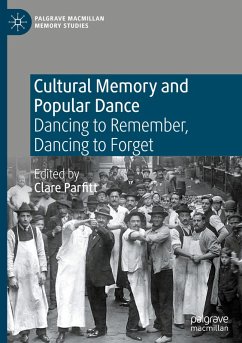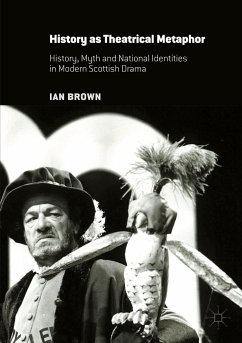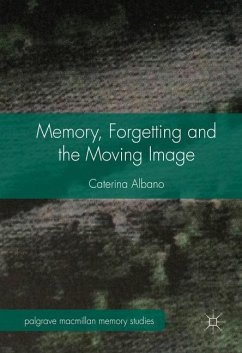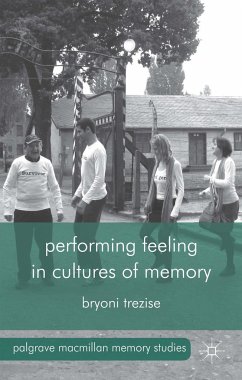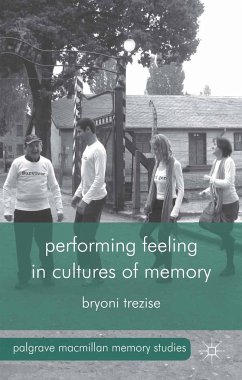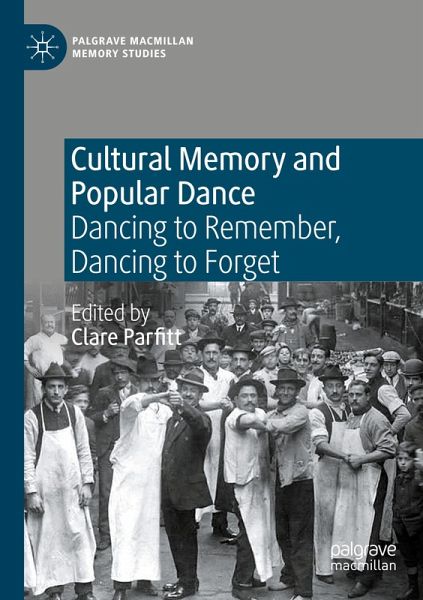
Cultural Memory and Popular Dance
Dancing to Remember, Dancing to Forget
Herausgegeben: Parfitt, Clare
Versandkostenfrei!
Versandfertig in 6-10 Tagen
121,99 €
inkl. MwSt.

PAYBACK Punkte
61 °P sammeln!
This book focuses on the myriad ways that people collectively remember or forget shared pasts through popular dance. In dance classes, nightclubs, family celebrations, tourist performances, on television, film, music video and the internet, cultural memories are shared and transformed by dancing bodies adapting yesterday's steps to today's concerns. The book gathers emerging and seasoned scholarly voices from a wide range of geographical and disciplinary perspectives to discuss cultural remembering and forgetting in diverse popular dance contexts. The contributors ask: how are Afro-diasporic m...
This book focuses on the myriad ways that people collectively remember or forget shared pasts through popular dance. In dance classes, nightclubs, family celebrations, tourist performances, on television, film, music video and the internet, cultural memories are shared and transformed by dancing bodies adapting yesterday's steps to today's concerns. The book gathers emerging and seasoned scholarly voices from a wide range of geographical and disciplinary perspectives to discuss cultural remembering and forgetting in diverse popular dance contexts. The contributors ask: how are Afro-diasporic memories invoked in popular dance classes? How are popular dance genealogies manipulated and reclaimed? What is at stake for the nation in the nationalizing of folk and popular dances? And how does mediated dancing transmit memory as feelings or affects? The book reveals popular dance to be vital to cultural processes of remembering and forgetting, allowing participants to pivot between alternative pasts, presents and futures.





